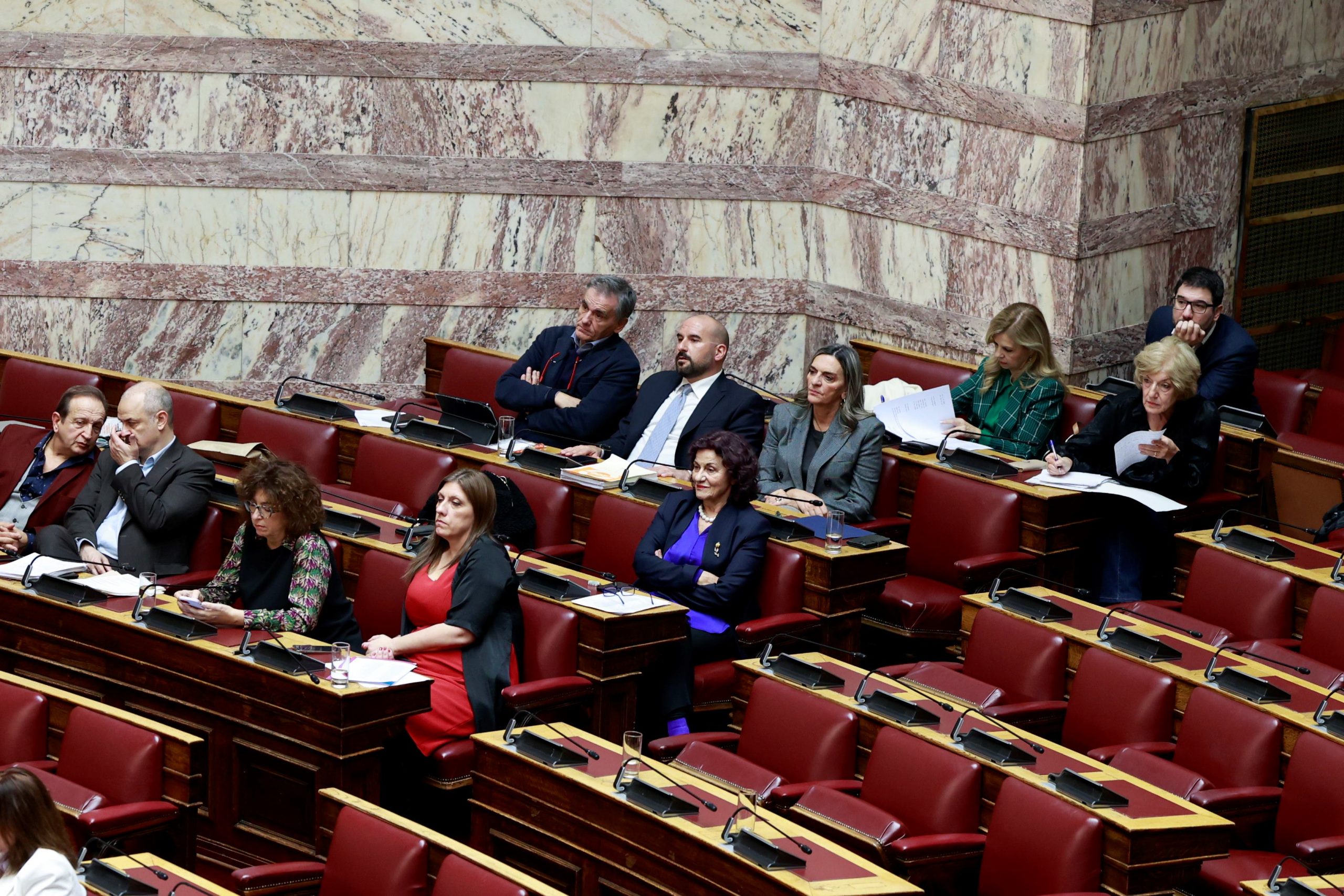Greek Parliament deputies on Thursday debated riders and amendments of a closely watched draft bill ostensibly aimed to combat tax evasion in the country through a series of measures affecting self-employed professionals and craftsmen, owners of short-term lease properties (AirBnB, etc.) and fuel vendors, among other sectors.
The Greek Minister of Finance, Kostis Hatzidakis, introduced four amendments and modifications in the draft bill up for ratification.
Firstly, a special exemption will be introduced for kiosks due to a significant increase in the turnover from the sale of tobacco products. These specific products have a very small profit margin, hence the deemed necessary change.
Secondly, insurance agents will be exempted, provided that they are employed by up to two companies. As Hatzidakis stated they should be treated similarly to “employees with receipt booklets,” who are treated as employees.
The third change concerns cafés, which will not be subject to the presumed method of income calculation if they operate on islands with a population of up to 3,100 residents, or in villages with a population of up to 500 residents.
The fourth change pertains to taxis. If drivers hold a percentage of up to 25%, the presumptive income will be reduced by 50%.
Furthermore, self-employed professionals and all businesses will be required to register revenues and expenditures on an online system fielded by the tax bureau (AADE).
Other highlights of the bill include the prohibition of cash transactions in real estate purchases, stricter regulation of the short-term lease sector (the AirBnB market), the ban on wholesale fuel vendors from supplying businesses convicted for fuel smuggling, as well as the connection of POS devices with cash registers in all enterprises, and even mandating such devices for retail sectors that were previously excluded.
Additionally, self-employed professionals will be taxed based on a minimum presumed yearly income, which will be set at 10,900 euros per year. However, a taxpayer will retain the right to prove that annual income for a specific year was less than the aforementioned level.
Conversely, one welcome tax break is the reduction, by half, of the special fee that all freelancers/self-employed pay annually regardless of declared income. The fee, ranging from 500 to 650 euros, will be completely abolished in 2025, the government has promised.
A 50% reduction for professionals with disabilities ranging from 67% to 79%, those conducting activities while residing in settlements with populations of up to 500 inhabitants and on islands with populations below 3,100 inhabitants. Additionally, this applies to single-parent families with children who are minors, parents with dependent children with a mental or physical disability of at least 67%, and parents of large families.
Full exemption from the criterion for farmers, individuals paid via slips, having up to 3 employers, and professionals with disabilities equal to or greater than 80%. New professionals are also exempt from the criterion for the first 3 years of their activity. A reduction in taxable income for those engaged in activities for a specific period within the year (e.g., school canteens) is also provided for through the system of fractional payments.



